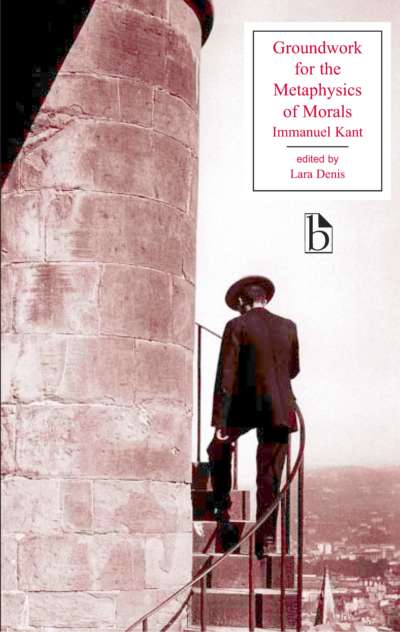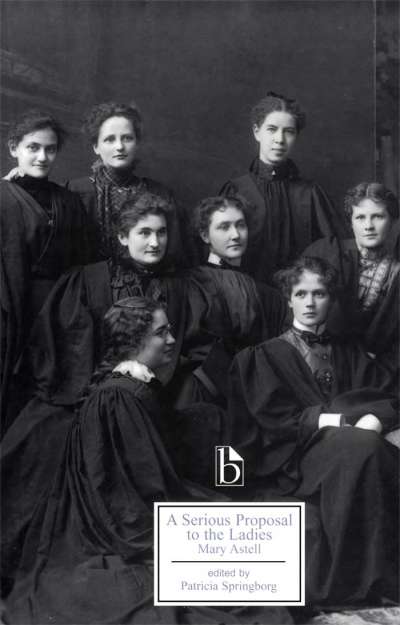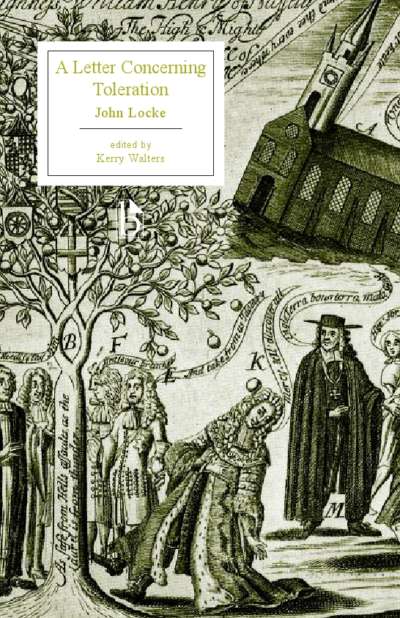Also available in an edition with parts I-IV here.
Thomas Hobbes’s Leviathan is the greatest work of political philosophy in English and the first great work of philosophy in English. Beginning with premises that were sometimes controversial, such as that every human action is caused by the agent’s desire for his own good, Hobbes derived shocking conclusions, such as that the civil government enjoys absolute control over its citizens and that the sovereign has the right to determine which religion is to be practiced in a commonwealth. Hobbes’s contemporaries recognized the power of arguments in Leviathan and many of them wrote responses to it; selections by John Bramhall, Robert Filmer, Edward Hyde, George Lawson, William Lucy, Samuel Pufendorf, and Thomas Tenison are included in this edition.
This revised Broadview Edition of Hobbes’s classic work of political philosophy includes the full text of Part I (Of Man), Part II (Of Commonwealth), and the Review and Conclusion. The appendices, which set the work in its historical context, include a rich selection of contemporary responses to Leviathan. Also included are an introduction, explanatory notes, and a chronology of Hobbes’s life.
Comments
“Internationally renowned Hobbes scholar A.P. Martinich has produced the definitive version of Leviathan for student use. Handsomely turned out by Broadview Press, this edition features a highly informative introduction, a brief chronology of Hobbes’s life, as well as some useful notes on the text itself. Of special value are seven appendices drawn from the writings of contemporary critics of Hobbes’s thought, including Filmer, Lawson, Bramhall, Hyde and others. Martinich has made a difficult but essential text as accessible to students as it is likely ever to become.” — George Wright, University of Wisconsin
“An admirably accessible edition of Hobbes’s masterpiece. The work is presented clearly, in its entirety, and with generous excerpts from Hobbes's formidable contemporary critics.” — Kinch Hoekstra, Balliol College, Oxford University
“This very readable edition of Hobbes’s Leviathan is an excellent resource for students of political philosophy and its history. The collection of published responses to Leviathan by some of Hobbes’s most prominent contemporaries provides insight into the historical context in which he was writing, and philosophically challenging commentary on this great work of political philosophy.” — Thomas Christiano, University of Arizona













